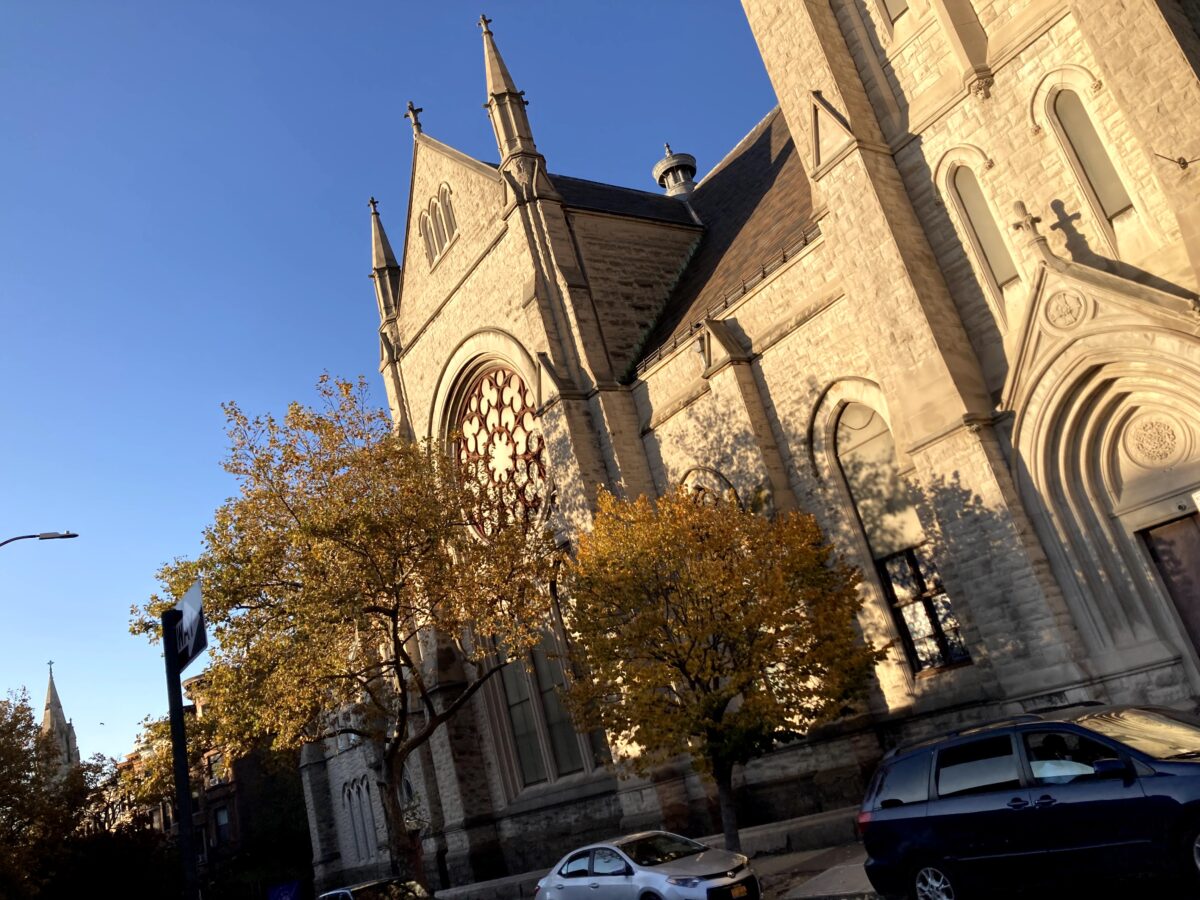November 18, 2020
What if you labeled yourself as everything?

Shakespeare had a lot to say about the topic of identity.
You may recognize several of his most quotable aphorisms.
To thine own self be true, and thou canst not then be false to any man.
There is nothing either good or bad but thinking makes it so.
A rose by any other name would smell as sweet.
It’s proof that his characters were reminding us that labels are fables. They’re for jars, not humans.
Yes, labels can definitely start us down the path of understanding. But when we get attached to them, they remove us from reality.
And yes, labels can certainly frame our experience with intention and attention. But they can’t possibly capture the emotions and circumstance surrounding that event. Particularly when it comes to the words we use to describe ourselves.
My friend was asking me the other day how long you have to live in a certain city to call yourself a citizen of it. He claimed that unless you’ve lived here for at least a year, tasted a bagel at the right bakery, cried on the subway, and been hit by a taxi, then you can’t reasonably call yourself a local.
This reasoning is utter nonsense. We are adults. Grown ups who can make our own decisions about who we are.
And yet, millions of people refuse to label themselves as a certain thing unless their life conforms to some imagined cultural barometer of worthiness. Unless they check the requisite boxes and get their life experience passport stamped by the powers that be.
Here’s why that’s ridiculous.
First of all, people have the right to call themselves whatever they want, whenever they want. If you read the declaration of universal human rights, article nineteen, everyone has the right to freedom of opinion and expression; this right includes freedom to hold opinions without interference and to seek, receive and impart information and ideas through any media and regardless of frontiers.
Secondly, regardless of what we decide to call ourselves, that label isn’t still who we are. It may identify us, but it doesn’t define us. It’s a part of us, but it isn’t the heart of us. Because if we remember that we are everything, it doesn’t matter how we label ourselves. If we accept that we are infinite, then there’s no need to box in our identity with something as superfluous as a word.
Prince, the late great musical genius, epitomized this better than anyone. He would sniff at simplistic questions about his identity during interviews and even in his lyrics.
Are you black, white, straight, gay, man, woman, religious, godlike, or sinner?
Are you a producer, writer, vocalist, bassist, drummer, cymbalist, artist or slave?
Are you called by your given name, your stage name, or just that weird symbol?
All of the above. Prince was a person who was everything. Through his courageous display of freedom from and irreverence for archaic labels, he made millions of people feel more comfortable in their own skin. Even if that skin didn’t have a clean, clear name attached to it.
That’s why he had such a profound impact on the word. No labels, no limits.
Shakespeare would have been a huge fan.
To reiterate from before, labels are fables. If you’re making a case for your own limitations, if you’re living within a prescribed boundary that you have assigned to yourself, just know that you’re the only one telling that story.
Freedom is available to you. You can resolve to call yourself an anything you want, or nothing at all.
It doesn’t matter what you nametag you wear, or don’t wear.
It only matters that you’re operating from a place of possibility rather than prescribed limits.
What if you labeled yourself as everything?

